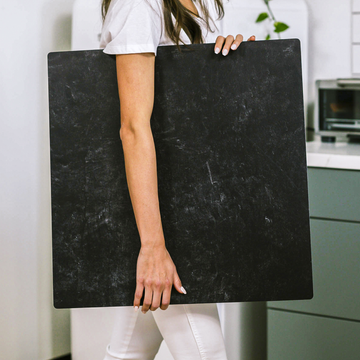Let's talk about the unsung hero of product photography - the humble backdrop. While everyone obsesses over cameras and lighting, professional photographers know the real magic often lies beneath the product. That's where Replica Surfaces changes the game.
I've tested dozens of backdrops over my 15-year career, and most fall into two categories: cheap props that look terrible in photos, or expensive "pro" options that still don't solve fundamental lighting problems. Replica's approach is different - they've engineered surfaces that actually work with your lighting, not against it.
The Light Control Secret Most Photographers Miss
Here's what most photographers don't realize: your backdrop is actually a light modifier. The right surface can:
- Eliminate harsh reflections on glossy products
- Maintain perfect shadow gradation without looking flat
- Keep colors true under any lighting condition
I recently shot a jewelry collection on three different surfaces - a cheap vinyl roll, a DIY painted board, and a Replica marble surface. The difference was shocking. Only the Replica surface gave me:
- Consistent light diffusion
- Zero color contamination
- Perfect highlight roll-off
Why Texture Matters More Than You Think
Ever notice how some product photos just feel more expensive? That's texture psychology at work. Replica's surfaces use:
- Micro-imperfections that mimic natural materials
- Non-repeating patterns that avoid the "fake" look
- Strategic contrast to make products pop
When I shoot for luxury brands, this attention to detail makes all the difference. A $500 watch on a cheap backdrop still looks cheap. That same watch on a properly engineered surface? Suddenly it's premium.
Is It Worth the Investment?
Here's my honest take after years of use:
- For professionals: Absolutely - the time savings alone justify the cost
- For growing businesses: Worth every penny for consistent branding
- For hobbyists: Consider when you're ready to level up
The truth? Most photographers don't realize how much their backdrops are holding them back until they try a properly engineered surface. Once you experience the difference, there's no going back.



